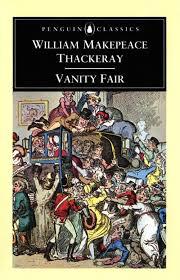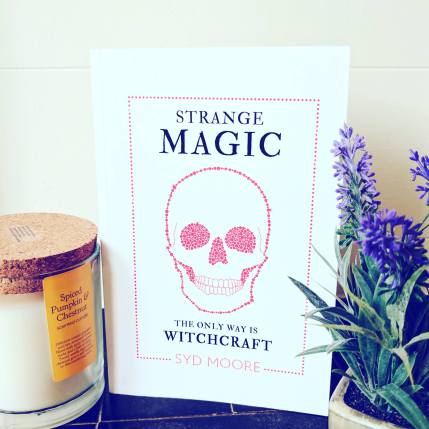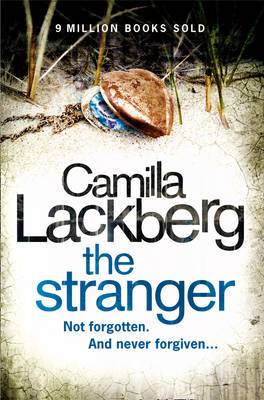
Vanity Fair has been described as the best novel about Waterloo ever written, but it actually tells the stories of Becky Sharpe and Amelia Sedley, two young women who, in the opening chapter, find themselves graduating together from Miss Pinkerton’s school, and whose paths intertwine in the years that follow. They do both find themselves in Brussels during the Battle of Waterloo, and that battle does take place during the novel, but this is a story about the seamy side of the British Empire, and not about the glorious and warlike so-called heroes who built it. In fact the men of Empire, with the exception of Major Dobbin, are portrayed throughout as weak and foolish, corrupt, lascivious, fat and stupid. And even good old Dobbin – the best of the bunch – well his name speaks volumes.
The school “graduation” of Becky and Amelia epitomises the themes of the novel. Wealthy Amelia is given a signed copy of Johnson’s dictionary by the domineering and selfish headteacher, who snobbishly claims a close acquaintance with Johnson himself. Penniless Becky is denied a copy: in Vanity Fair money and status are all, and she has neither. But the soft hearted sister of the headteacher relents, cannot be so cruel, and passes a copy of the dictionary to Becky through the coach window as they are about to depart. Becky opens the book briefly, then disdainfully throws it down onto the lawn: a shocking and rebellious act that sets the tone for her character. Becky dismisses Amelia’s concerns about upsetting Miss Pinkerton, shouting, Vive la France! Vive l’Empereur! Vive Bonaparte!
Yes – Becky is a villain, and a cold hearted one at that. But this little scene provides a significant context. She lives in a society that thinks itself a whole lot better than her, but is in fact stamped through with corruption, like Blackpool through a stick of rock. Thackeray invites us to take an alternative perspective on Becky: how else is the penniless daughter of an emigré French artist to make her way in society? Who will help her to find a husband, help her to find respectability and security? Amelia will have support from her family, will “come out” in due course, and meet the right people, but Becky will need to fight every inch of the way. So whilst she is a scurrilous, shockingly immoral character, she has no other choice. Thackeray makes this clear at the beginning of the novel, in a way that challenges Victorian orthodoxy – the rich man in his castle, the poor man at his gate, God made them high and lowly and ordered their estate . (From the hymn All things bright and beautiful, Published in 1848, a year after this novel.)
However, for most of the novel Thackeray adopts a more conventional moral approach. In the later stages he presents Becky both through her actions, and through the vivid use of reptilian imagery, as an out and out villain. Nevertheless, her final acts, which Thackeray allows to pass without comment, show compassion and common sense, though not hypocrisy, and she leaves immediately for Bath and Cheltenham, dens of evil and vice.
Becky’s ascent through Georgian society is typical of the picaresque novel, and offers an amusing and effective condemnation of the Britain of the time. She dallies with Amelia’s brother Jos, fat cowardly and lazy, but rich as Croesus on the proceeds of the Raj. He disappoints – too cowardly to seize his opportunity and Becky moves on to the Crawleys, members of the minor nobility who she takes for all she can. She marries into the family, but they snobbishly disinherit her husband, and ignore her. The poverty that results from this plagues Becky and her husband Rawdon, though Thackeray does not show much sympathy. Becky’s dalliances with rich men are at first ignored by Rawdon, the colonel, who is led like a sheep. In the end he disowns her at the moment when she has finally gained him an office in the Empire – a sinecure in the West Indies with a fat salary. She is left alone, and escapes to Europe where she becomes a member of the louche set that hang around foreign spa resorts, gambling. She is at her happiest here – a true Bohemian, as Thackeray says.
Meanwhile life for the Sedleys – the nouveau riche – is not easy. Bankrupted by losses consequent to Napoleon’s return from Elba, Amelia’s father is reduced to poverty, and she becomes the victim of the kind of snobbery that affected Becky in the opening chapter. But Amelia is a romantic idealist, worshipping her dead husband George, even though he is not worthy of such adoration. When Amelia and Becky meet again in Europe the truth is revealed.
Thackeray was an admirer of Henry Fielding and there are clear similarities between Tom Jones and Becky: they are both outsiders, though Tom is mostly an innocent victim of circumstance and his own weaknesses, whilst Becky is the arch manipulator. Thackeray’s narrative voice is also similar to Fielding’s – full of interjections, ironical comments and intimate asides to the reader. There is a vast array of characters, though many are caricatures: the whole novel is introduced as a puppet show in the opening chapter with descriptions that are reminiscent of Hogarth’s A Rake’s Progress, and the novel has that kind of vitality and variety. It’s easy to think that PG Wodehouse might have drawn on some of the elements of Vanity Fair for his own novels.
Vanity Fair – a cultural icon, and a long read, but well worth it if you are determined and interested.
Advertisements Share this:




